October 12, 2021

“Do you know what a Hardy Kiwi Berry is?” Janit London asks. “It’s a teeny weeny kiwi. It’s about the size of a section of your thumb and they have twice the antioxidants of blueberries. And they don’t have any fuzz on them. So you can just eat it whole.” London, who founded Purple Dragon Food Co-op in 1987, has taught a lot of people about produce since she first started the co-op with a group of friends who were also looking to buy natural, organic fruits and veggies at affordable prices.
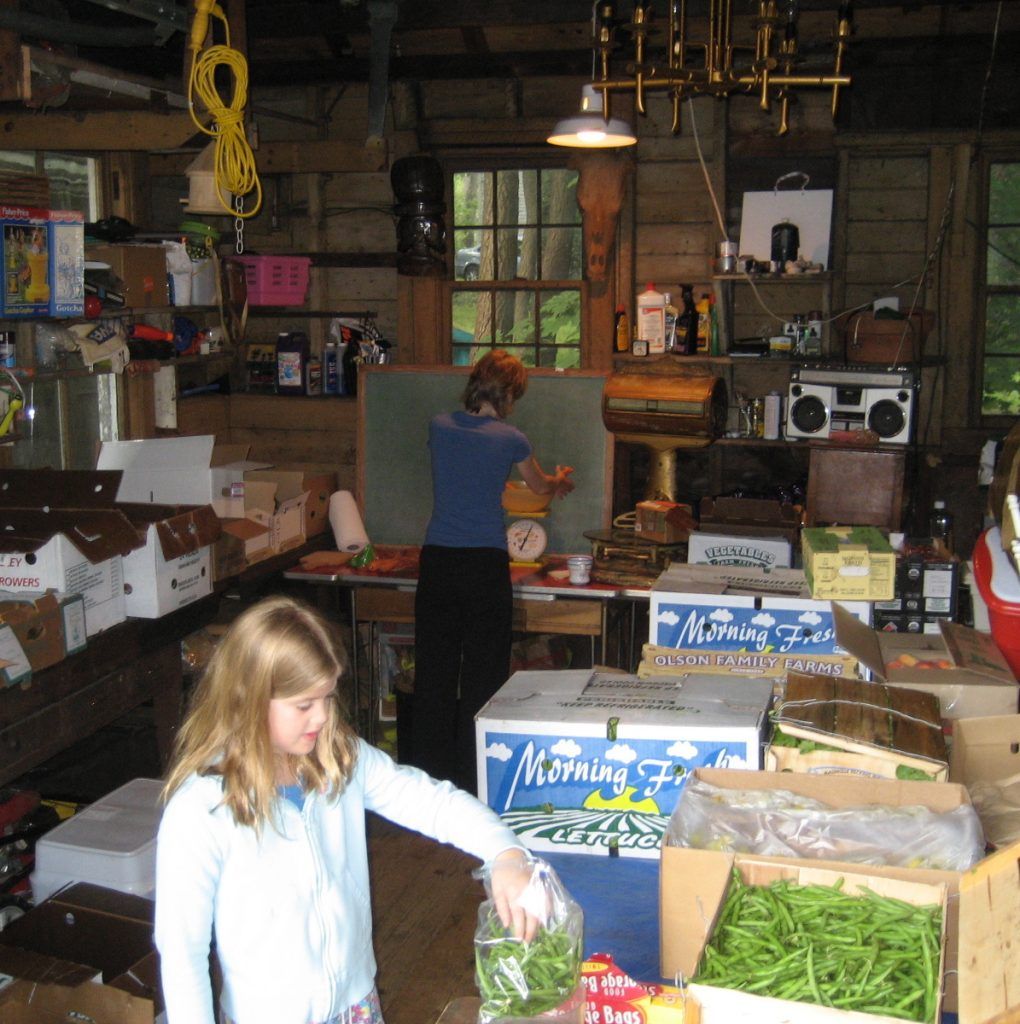
Back then, it was harder to find organic produce, so the group usually had it flown in from wholesalers in California. Today, over thirty years later, the organic food scene has grown such that most of Purple Dragon’s produce comes right from the northeast, meaning that fewer fossil fuels are used during transport. London has long-standing partnerships with most of these local growers and actively does her best to support them and their fluctuating needs.
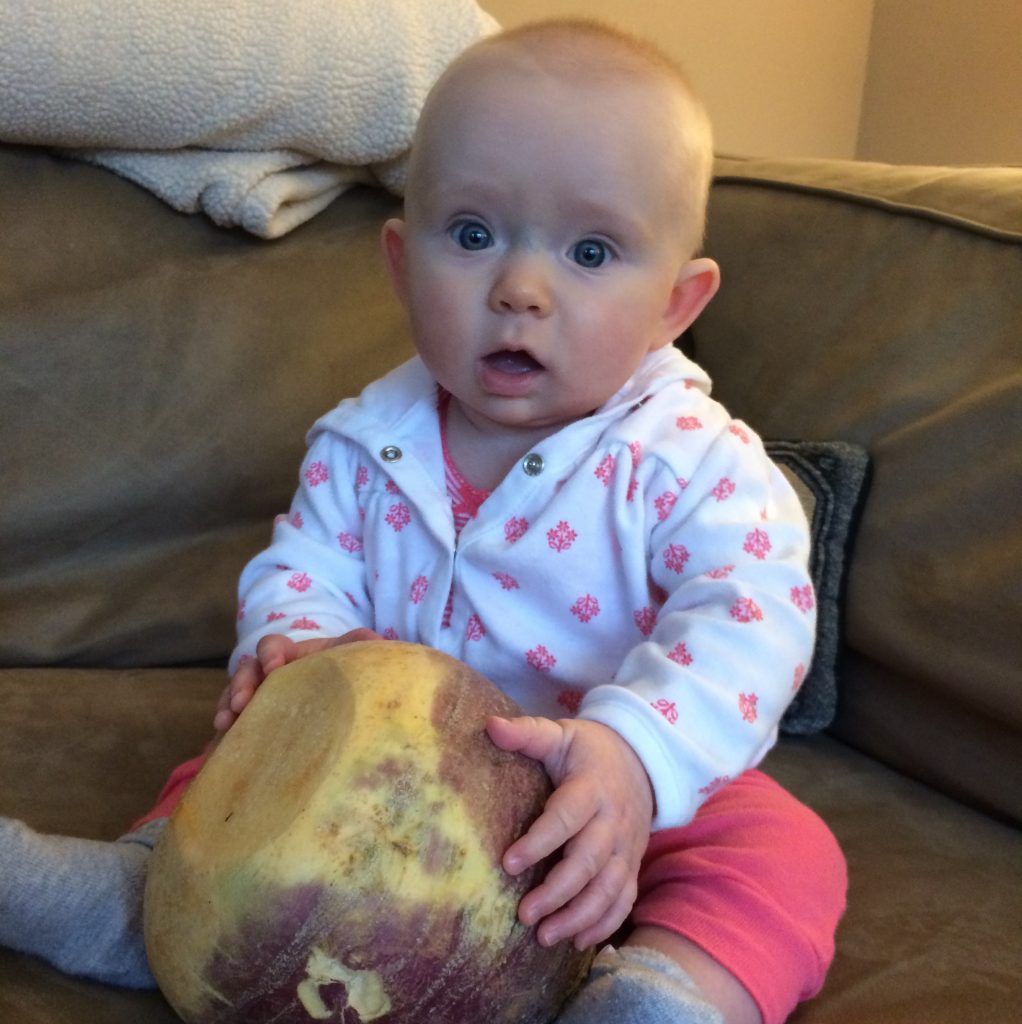
For instance, London recalls a grower who came to her recently: “She said, “You know how it got cold and then it got warm again?’ And I said, ‘Yeah.’ She said, ‘Well, the broccoli came back, but next week it’s going to get cold again and it’ll all die. So could you give your people double broccoli this week, you know, in your veggie shares?’ And I said, ‘Sure.’ When our small regional farmers tell us what they need to move something, we make every effort to include it in our veggie shares so that the farmers are well-supported and things don’t go to waste, you know, insofar as possible.”
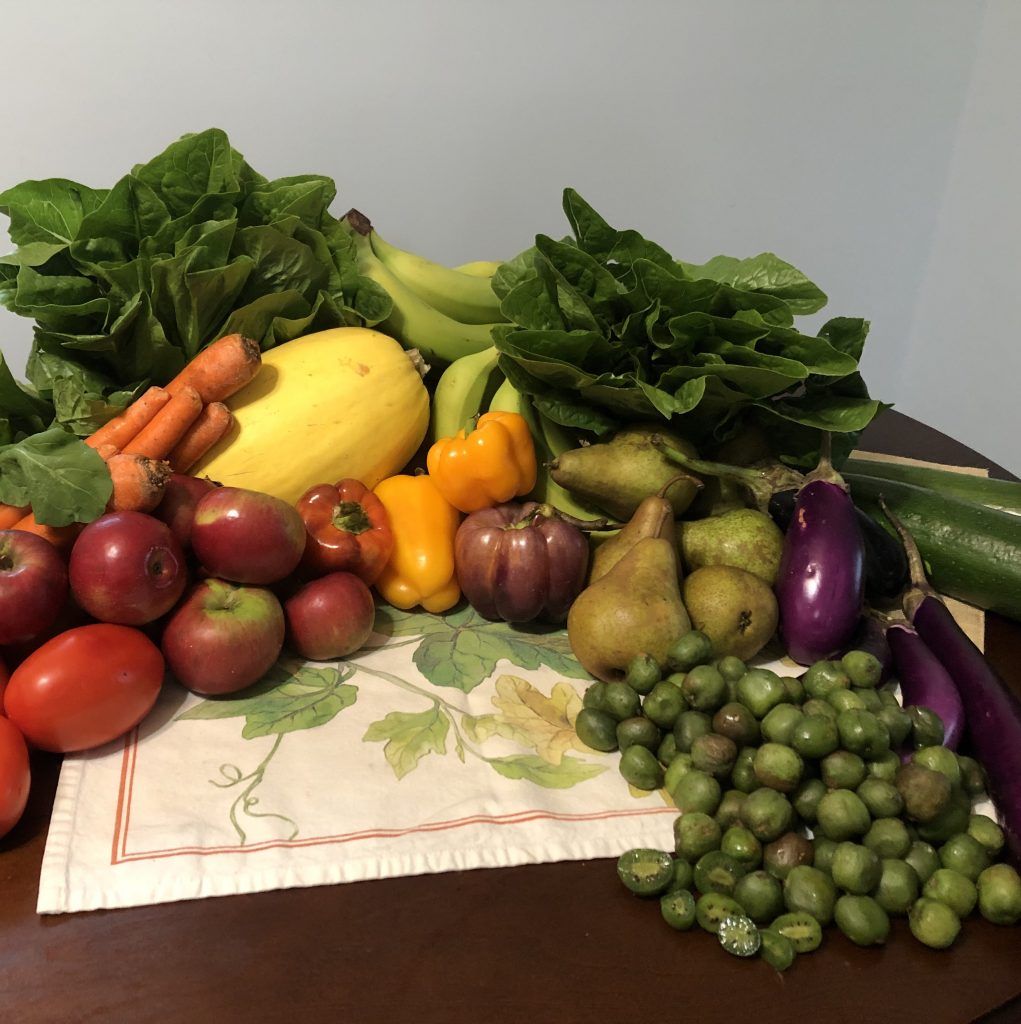
The co-op also does its best to support its members—a number that has ballooned, growing from London and a few friends to hundreds of families. The model itself is a unique one. Customers throughout New York and New Jersey are broken into neighborhood groups called pods. Pod hosts receive the biweekly shipments and the host or pod members divide the food into equal “shares” for the members. Members who can’t pick up their share each week can pay an additional $15 to have it delivered. Each share serves 2-6 people and costs a mere $59, with half-shares available for $33.
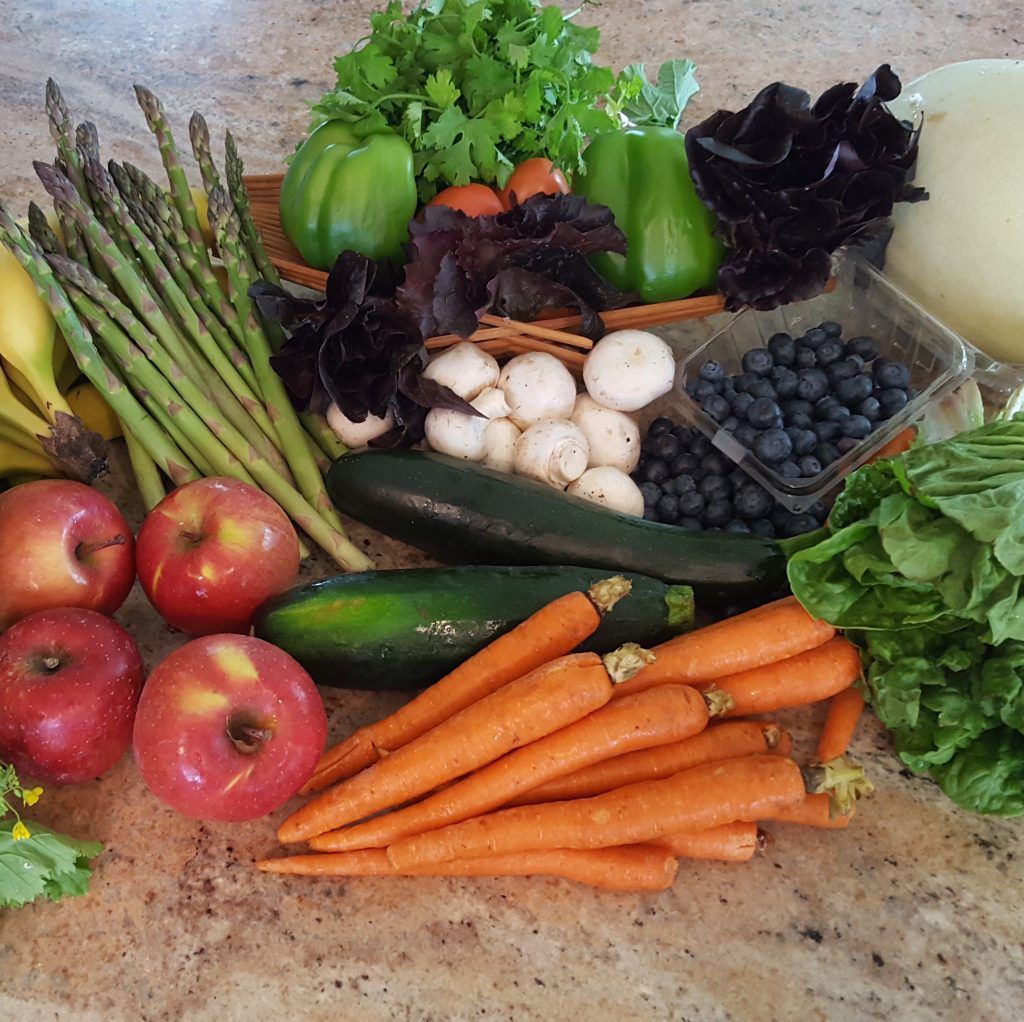
“Buying together, we are able to save money that would otherwise go to large chain stores or their shareholders,” writes Purple Dragon in an informational leaflet. “Families can use their savings to contribute to causes, save for vacations or homes or children’s college funds.” In addition to helping community members save money, London has also noticed exponential growth in members’ love of fruits and veggies.
“One group had an extra box this past weekend,” says London. “And I put the word out to the community, saying, ‘You know anybody who might like a box?’ And somebody said, ‘We’ll take it.’ And I said, ‘Oh, aren’t you in the co-op anymore?’ And he’s like, ‘Yeah, we are. And our kids are away at college, but sometimes we like the challenge of going through two shares.’ Just him and his wife! People…just get in there and get serious with their produce, you know?”
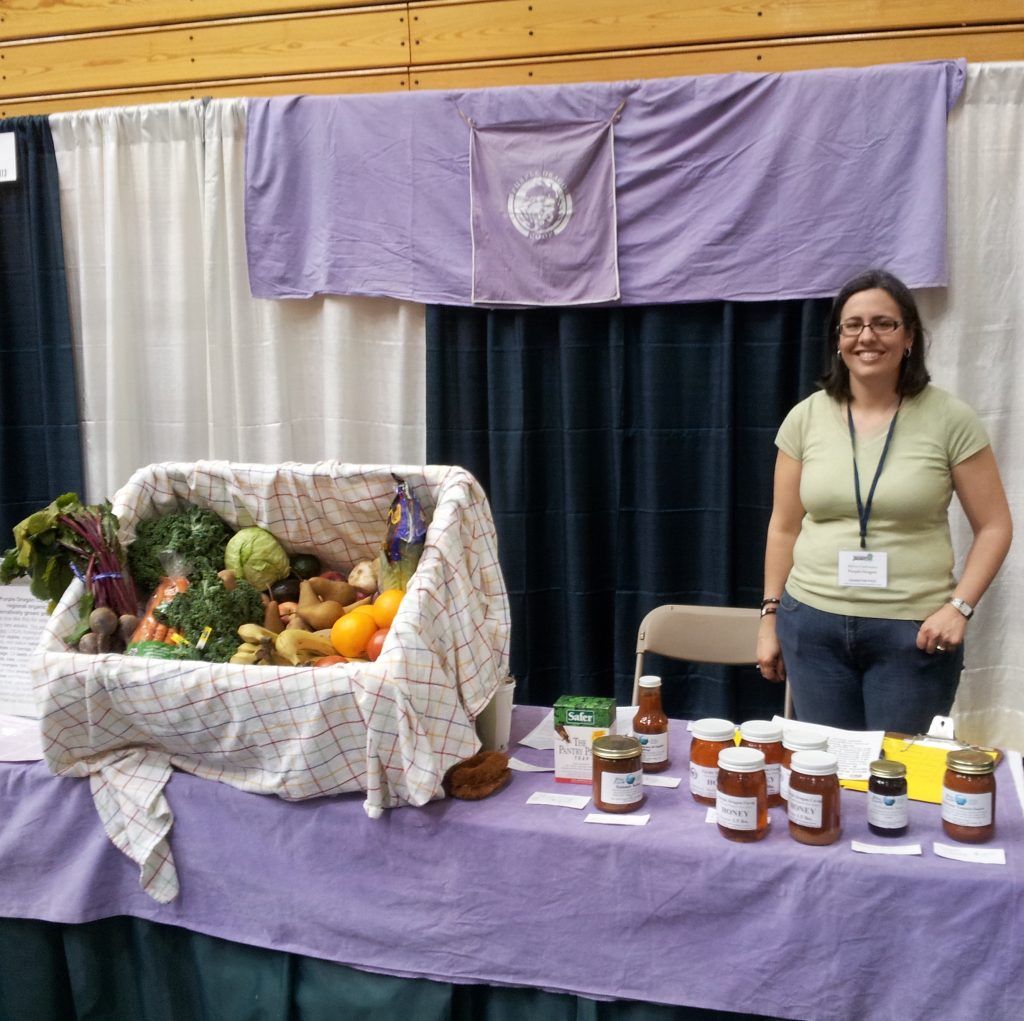
In order to help members have a satisfying experience, London sends out a biweekly newsletter with a recipe or suggestion for preparing that week’s veggies—something that comes in handy with particularly obscure products like the aforementioned Hardy Kiwi Berries. “It’s amazing,” says London. “When you just have good, natural ingredients, how ridiculously good your food can taste. Some of the members have said they can’t eat in restaurants anymore because what they cook at home just tastes so much better.”
One of the dangers, of course, of being the first person with a good idea is that others will most likely copy it. London says this has happened countless times, from her business model to her company slogan: “Save money. Save time. Save the planet.” “I always said I was too stupid to get rich,” London laughs, recalling how, in her pre-co-op life, while working at a natural food store in Texas, she actually trained the people who would later start an extremely successful health food chain. But while she hasn’t taken her company multinational, she has created a savvy business that’s saved money for countless families—and done a lot of good in the world.
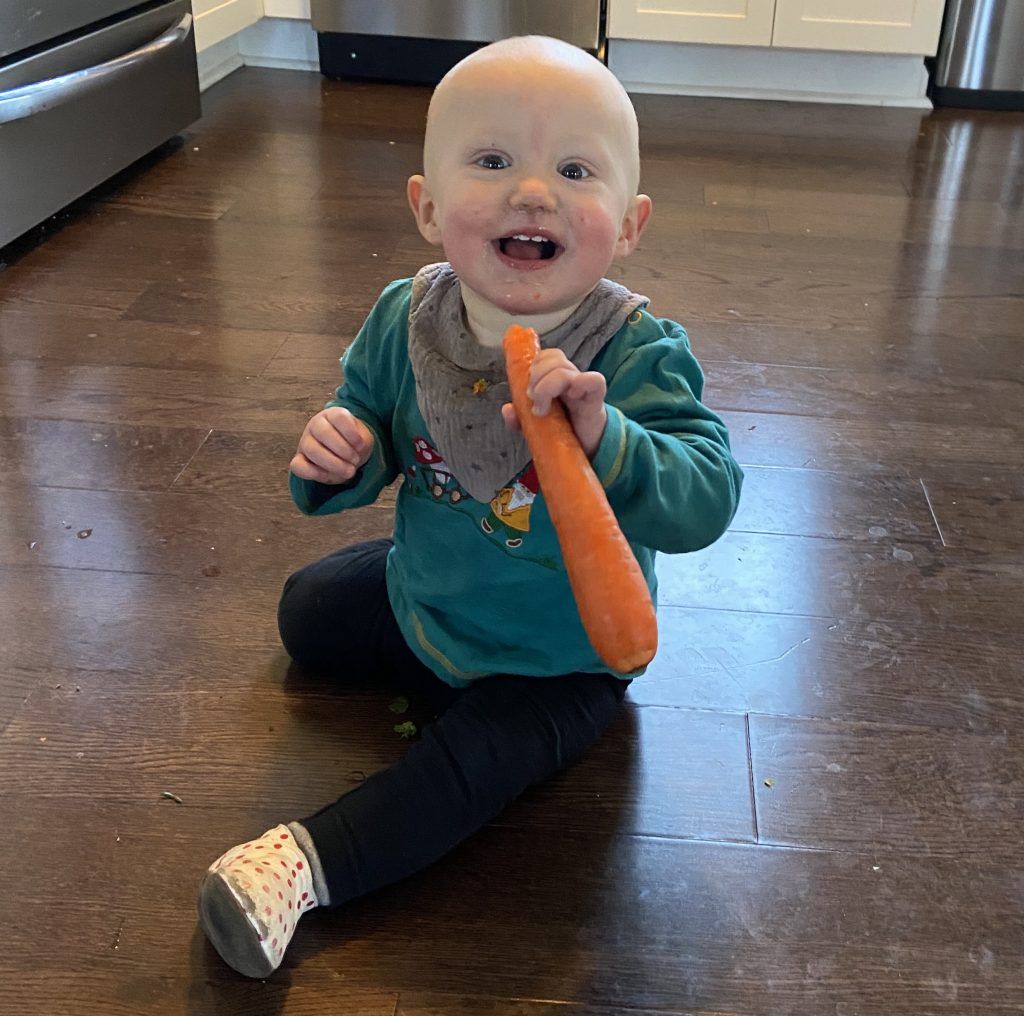
“We’re always happy to start neighborhood groups. We’re especially able to make good food accessible in food deserts,” says London, adding that it only takes about two weeks to organize a new pod and get it running. “Because I was a single mom for many years, our co-op is designed so that people who take responsibility get discounts. If you’re willing to put in some labor, you should always be able to afford good, organic food through Purple Dragon.”